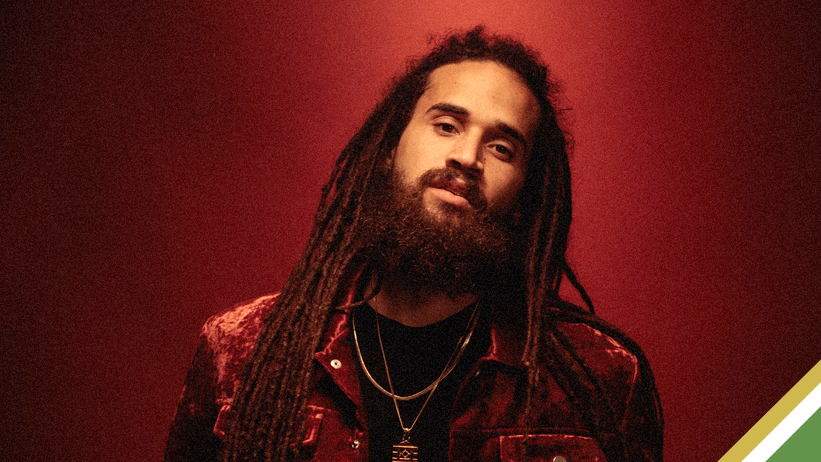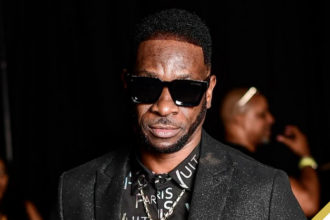Jamaican reggae singer Keznamdi is making waves on the international music scene, and now, he’s taking things to the next level. In a recent feature with Billboard Magazine, the rising star revealed the title of his highly anticipated sophomore album, Blood and Fyah, set for release in late spring. Among the standout collaborations on the project is a track with dancehall heavyweight Mavado, marking a major crossover moment between reggae and dancehall. “As soon as I heard it, I sent him my vocals the next day,” Keznamdi shared with Billboard, recalling how the two came together for the track Bun Di Ganja, which also features Marlon Asher. “It was a little struggle getting Mavado for the video because he’s an elite artist, but we were able to shoot it in Miami with him.”
Keznamdi’s momentum has been undeniable in recent months, with his hit single Pressure climbing multiple Digital Radio Tracker (DRT) charts. The song peaked at No. 1 on the Global Top 150 Independent Airplay Chart and reached No. 41 on the Global Top 50 R&B/Hip-Hop Airplay Chart, outperforming tracks from industry heavyweights. It also secured a place in the Global Top 200 Airplay Chart, peaking at No. 96—impressive rankings that underscore his growing influence beyond reggae’s traditional borders.
Beyond the numbers, Keznamdi is on a mission to expand reggae’s global footprint, particularly in Africa. His deep connection to the continent, having lived in Tanzania and Ethiopia during his formative years, continues to shape his artistry. “Reggae is huge for the next generation in Africa,” he told Billboard. “We spend so much time touring in America and Europe, and, truly, Africa is where the music is really made for.” The video for Pressure, shot in Ghana, has already amassed over 293,000 views on YouTube, reinforcing his commitment to bridging reggae’s legacy with the continent’s ever-growing music scene.
With Blood and Fyah, Keznamdi is proving that reggae’s future is as expansive as its roots. His chart success, international collaborations, and dedication to the genre’s global evolution make it clear—he is not just riding the wave of reggae’s resurgence; he is actively shaping its next chapter.














